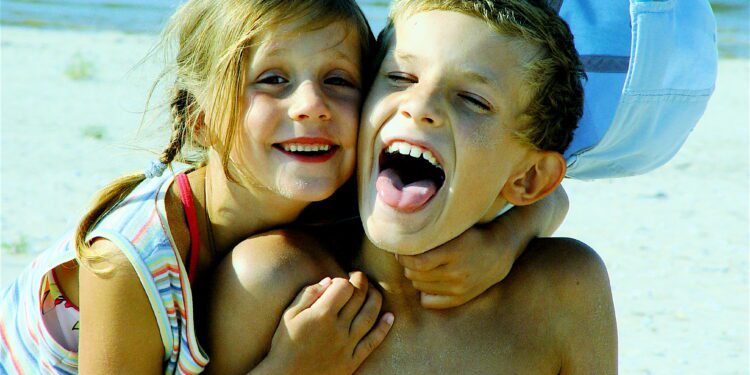The 25th of January of this year marked 10 years since we lost my little brother. Though time has enabled healing, the emotional pain will always remain. The devastating details of that day will be forever etched into my memory. Most of all, I remember the ambulance that passed by with its lights on and the empty stretcher in the back, because that meant there was nothing they could do and the coroner was on his way.
The tragedy of losing Kevin began with his own loss six days prior. He had just witnessed the death of his girlfriend of over ten years. He was struggling tremendously, I had never seen anyone so distraught in my life.
He moved back home with our parents that same day. For peace of mind and to offer support I asked him to stay at my home until he felt a little better. I suggested he see a doctor for antidepressants or anxiety medication, something-anything, to get him through that difficult time but he refused. He stayed with me for five days and on the night of that fifth day he asked me to take him home…something told me not to.
The next evening my phone rang. I saw that it was my older brother, I planned to call him back but before I could, he sent a text: “Kevin’s dead”. My heart sank. I instantly began to shake, I was in complete shock. I could barely push the correct numbers to call him back but managed to somehow. The call only lasted a few seconds.
I quickly gathered my things to rush over to my parents’ house. As I was leaving, my aunt was dropping off my daughter. She insisted on driving me because she said I was “in no shape to be driving”. We couldn’t get there fast enough. Their house is less than a half mile from mine but it felt like forever.
Our police lieutenant was called to the scene. He was a friend of mine and he stopped me from going into the house, insisting I wouldn’t want to remember my brother the way that I would see him if I went in. At first, in my state of shock, I didn’t necessarily agree with him but now I am glad he stopped me.
In the first days, as a way to help my children cope, we wrote “Letters to Uncle Kevin up in Heaven”. Each child had a shoebox that they decorated and wrote kind remembrances on. I purchased gold plated frames for his photos, as to me, his heart was made of gold. He was the one person I could always count on, who understood me the most and having those pictures in gold frames is my way to honor him.
Kevin had such a beautiful, gentle soul. He was an incredible uncle to my children. A favorite recollection that they share is that when he walked through the door, the mood instantly became light, loving and fun. Their limited memories include him making them sandwiches and dancing in the kitchen, making silly faces, spinning them in the computer chair and doing just about anything to make them laugh.
As the saying goes, we cannot buy happiness. But having the belongings of a loved one after they’ve passed can bring comfort to us, like their clothing or favorite DVD . Those items become treasures that we can touch and hold. My oldest child received “moon shoes” for Christmas one year from Uncle Kevin and to this day, he will not allow anyone else to touch them. They are his treasure.
Losing a sibling is oftentimes seen as less painful than losing a parent, grandparent or child. It may not necessarily be the type of relationship, rather the bond between two people and the manner of death that can dictate how immense the grief can be. Though I’ve been fortunate to not have the experience of losing a child, Kevin was my Irish Twin (we were only 10 months apart in age) and we spent most of our childhood as each other’s shadows.
Grief comes in different forms but we mostly relate it to the loss of a loved one. In her book “On Death and Dying”, Elizabeth Kübler Ross wrote that grief could be divided into five stages: denial, anger, bargaining, depression, and acceptance.
In order to address additional deeper and more complex emotions a person can experience while grieving, a seven stage model was later developed. The seven stage model consists of: shock and denial, pain and guilt, anger and bargaining, depression, the upward turn, reconstruction and working through, acceptance and hope. Of course these are not to say that everyone will experience grief the same, in the same order nor go through every step laid out by Dr. Kübler Ross.
For me music was, and still is, one of the most comforting means to get through the tough moments. Songs like “Go rest high on that mountain” by Vince Gill and “Crossroads” by Bone Thugs-n-Harmony are songs that I play when I’m reminiscing.
We will all go through losing a loved one at some point in our lives. It is never easy but some of those losses are more difficult and take longer to process and heal from-and that’s ok. Grieving is individual and determined by several factors. We should never feel like there’s a timeline or a certain way that we should feel or even act while going through this difficult process. For some it may take months, others years. Whatever the timeframe may end up for you, I’d like to leave you with an Irish Proverb that has been the most relatable and comforting: “When a loved one becomes a memory, that memory becomes a treasure”.















